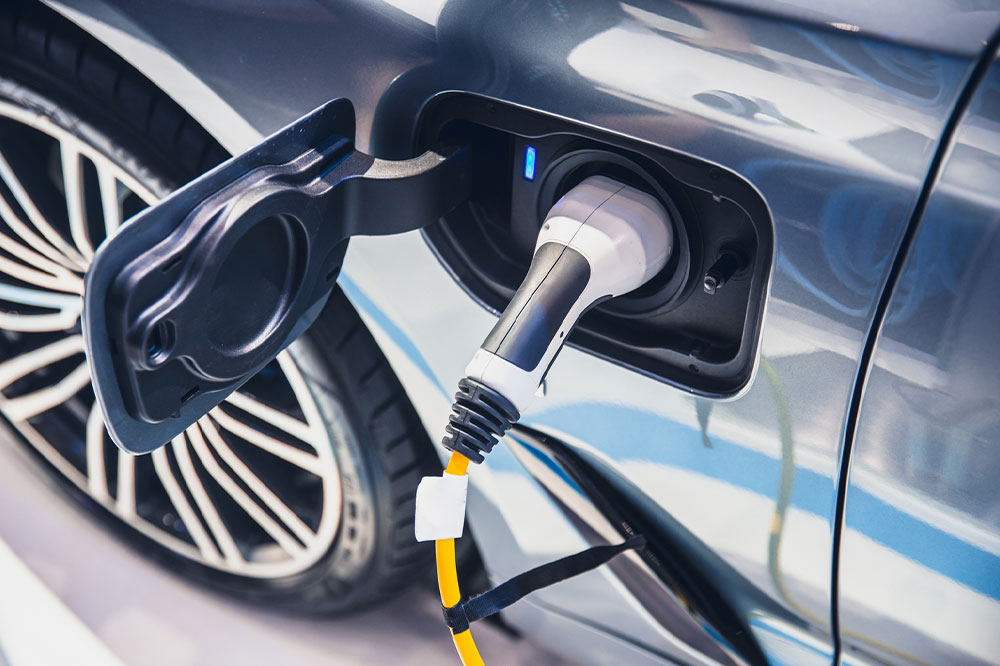
Top 5 mistakes to avoid when buying an electric vehicle
Buying an electric vehicle can be overwhelming. There are many factors to consider, like which brands to trust, how different driving an electric car will be, and what limitations you will be committing to in the long term. All these queries must be addressed with thorough research and detailed conversation with an expert. In addition, it is crucial to avoid the common mistakes people make while buying an electric vehicle.
Being unaware of incentives
Buying an electric car is economical and environment-friendly, but did you know that the government also applauds you for this decision? The federal government offers a clean vehicle tax credit of up to $7,500 on the purchase of eligible electric cars. This move has encouraged many to buy electric vehicles, increasing their demand. However, the incentive usually applies to the first couple thousand electric vehicles a manufacturer sells. So, you will have to research and select a reliable manufacturer that has not exceeded this sales figure. Besides benefiting from the federal tax credit, check if your state offers a savings program for electric car buyers.
Not knowing the range
Before heading to the dealership, you should ask yourself why you need the electric vehicle. Is it just for quick shopping trips or daily commutes? Depending on your requirements, you can estimate the range your new car should provide. Remember, unlike traditional vehicles that can be re-fueled in seconds, electric cars need time to charge up.
Not considering your location’s weather
This may sound strange, but temperature impacts a battery’s performance. And since electric vehicles run on battery power, it is essential to consider how your location’s weather can affect your new car. For example, extreme cold can reduce the battery range, so you may have to charge it up more often than usual. Also, experts recommend parking the car in a garage during extreme colds.
Not considering cargo space
Many electric car manufacturers install the battery under the backseat or in the trunk, which means you lose cargo space. This design is okay for those who want an electric vehicle for short distances and do not need to carry around much cargo. However, it may be an issue if you often need space to carry your belongings or other items. So, consider the possible cargo space limitations before committing to an electric vehicle.
Going over budget
This is a rookie electric vehicle buying mistake to avoid. Purchasing a new electric vehicle can get confusing if you do not research. You may end up paying more than planned because a sales executive sold you a fancy package that was unnecessary. To avoid falling for such sales strategies, make a list of your requirements and shop within your budget.


